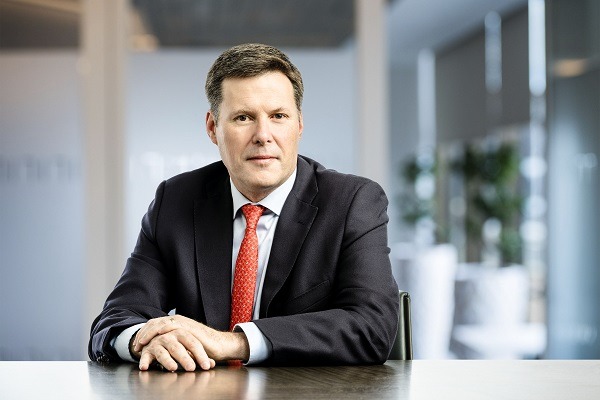South Africa’s mining sector has significant potential, but challenges must be addressed
South Africa has an abundance of metals and minerals. To capitalise on this opportunity the country needs investment, stable and competitively priced power, and not only policy certainty but good policy, said Bernard Swanepoel, chairman of Joburg Indaba.

Panellists on day two of the Joburg Indaba highlighted the opportunities for South Africa and the challenges it faces when it comes to exploration and developing the critical minerals sector.
“Critical minerals represent a massive opportunity for South Africa. But, we need to encourage exploration, we need to welcome investors, and we need to define what those critical minerals are. Not every metal and mineral can be critical – we need to be very clear on how we define them,” said Swanepoel.
In the closing keynote address, Minister of Mineral and Petroleum Resources, Gwede Mantashe said even coal is listed as critical mineral, it provides employment and exports. “We have agreed we will not take a US, UK, or Australian definition. We will give critical minerals our own definition and persuade the continent.”
Minister Mantashe said beneficiation was essential. “If we don’t add value to the industry, we are exporting jobs and profits.” He encouraged the industry to tell the government what it needs.
“Insist on the state giving you reliable energy, let’s talk about a tax holiday for beneficiation, bring a proposal,” he said. On electricity tariffs, he said there are options to price power linked to a commodity price.
“It is up to the industry to take issues to government, the state will not do anything on its own,” said Minister Mantashe.
Asked about the proposed 40% hike in electricity tariffs, the Minister said: “Any increase in electricity tariffs that is above CPI is criminal.”
To capitalise on the global appetite for critical minerals sizeable funding for exploration is required. The R400 million IDC and DMPR fund for exploration by junior miners in South Africa although positive, “is a drop in the ocean. There is a massive funding gap. We need tax incentives,” said Heidi Sternberg, Sector Specialist: Mining and Beneficiation at the Public Investment Corporation.
Electricity tariffs are a stumbling block to growing the mining sector and investing in beneficiation.
According to Werner Duvenhage, Managing Director RTIT Africa Operations, Rio Tinto, industry in Richards Bay was built on cheap electricity, and right now industrialisation is under threat. “If we talk about cheap electricity, we don’t have it anymore, we are not competitive anymore. Beneficiation, we are going to lose that battle,” he said.
Mining companies, though, are increasingly developing their own solutions through renewable energy, partly to decarbonise operations but also to become less reliant on increasingly expensive electricity supplied by Eskom.
Mike Teke, CEO of Seriti Resources, said: “I don’t complain, I look for opportunities.” Seriti Resources is building a 900MW renewable energy project in Mpumalanga, with the first phase due to deliver 155MW.
Another issue facing the industry is that baseload power in South Africa is generated from coal. Panellists discussing the energy transition said coal will remain an important part of our energy mix while the economy transitions to renewables.
Teke said: “We have built an energy system based on coal, we have 16 coal power stations. Do we just close these? We accept the reduction of the use of coal, but introducing renewables is a journey.”
Nombasa Tsengwa, CEO of Exxaro Resources and President of the Minerals Council South Africa, said: “We understand what needs to be done, by 2050 we want to be carbon neutral. We are reducing scope 1 and 2, and looking at self-generation at our flagship mine Grootgeluk. We are diversifying, looking at manganese, copper and strategic partnerships.”
There are exciting opportunities for growth of the mining sector in South Africa.
Duncan Wanblad, CEO of Anglo American, said: “I believe so much in South Africa. We continue to be part of that, and I absolutely applaud President Cyril Ramaphosa in the launch of phase two of the partnership with the private sector.”
Minister Mantashe concluded the conference by saying: “The GNU is a coalition of contending forces, let’s make the country work, everyone on the GNU is committed to making the country work.”




